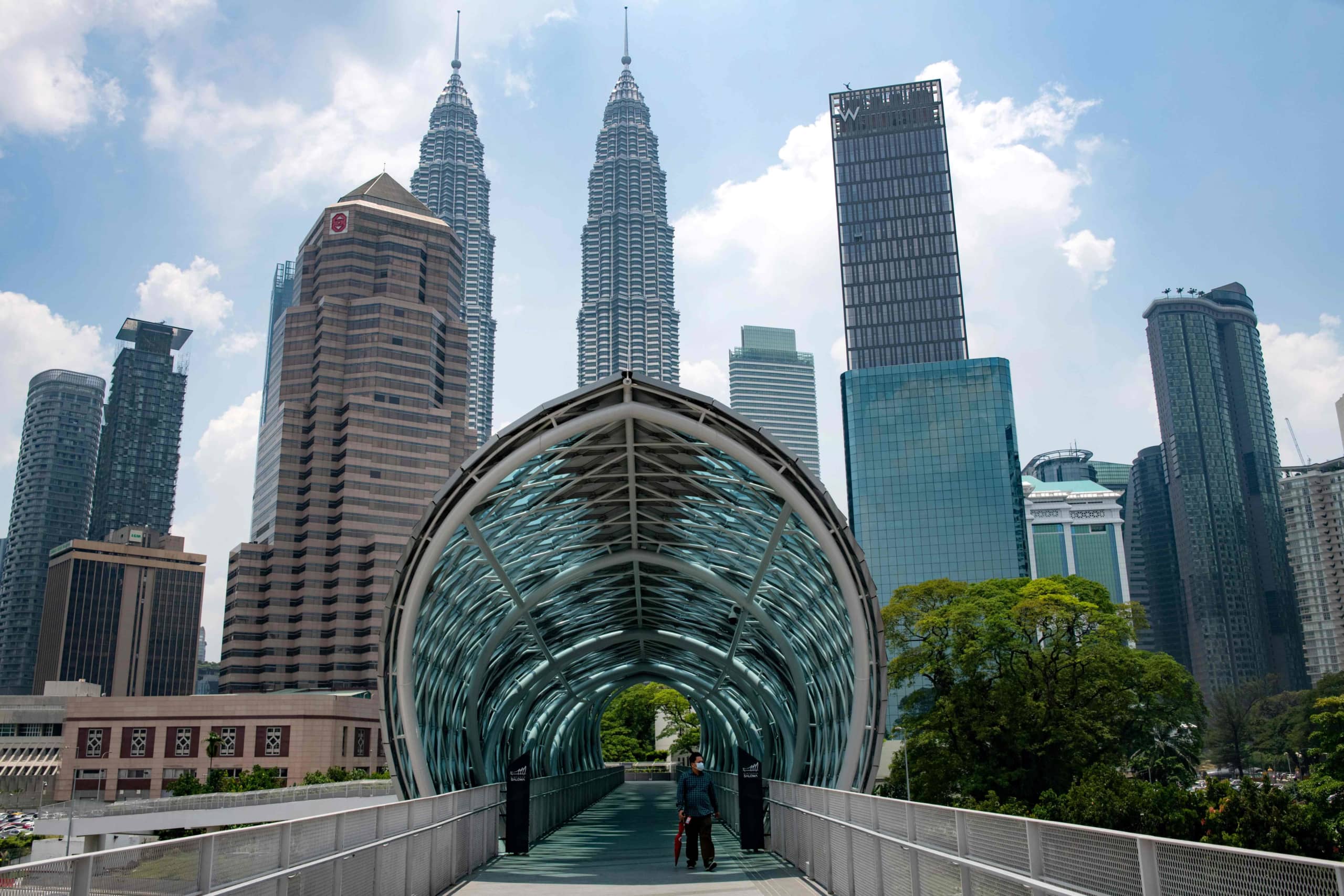ECONOMISTS are urging the unity government to prioritise political unity as a crucial factor in strengthening the nation’s currency ringgit, alongside structural reforms.
Center for Market Education CEO Dr Carmelo Ferlito noted the complexity of the economy and cautioned against viewing structural reforms as a panacea for a stronger ringgit. He underscored the importance of political cohesion to expedite the implementation of reforms, stating that political will is fostered when there’s a shared vision aligned with government aspirations.
“While certain reforms were important, it was crucial to find the political cohesion and unity to speed up the implementation of reforms.
“Political will naturally arises when there’s a shared vision aligned with the government’s aspirations,” FMT Business quoted him as saying.
“There should be an emphasis on ensuring a clear view of government programmes. This means outlining specific policies, objectives, and plans for governance.”
Meanwhile, Bank Negara Malaysia (BNM) governor Datuk Shaik Abdul Rasheed Abdul Ghaffour has advocated for structural reforms to enhance economic growth and fortify the ringgit.
“We continue to advocate for structural reforms which are critical to strengthen our growth prospects and encourage investments to provide more enduring support for the ringgit,” he added.
Despite recent policy measures by BNM and the Finance Ministry initially strengthening the ringgit, it has since weakened to its lowest level since January 1998 during the height of the Asian financial crisis, nearing the 4.80 mark against the US dollar.
“Fiscal responsibility encompasses more than just increasing government revenue to enhance the tax structure as it also involves various approaches,” said Ferlito.
He also highlighted the broader scope of fiscal responsibility, which encompasses optimising spending, reducing unnecessary expenses and fostering a more business-friendly regulatory environment.
Moreover, economist Geoffrey Williams acknowledged the government’s political will for structural reforms and pointed out the necessity for further tax and regulatory reforms to create a competitive ecosystem for domestic and foreign investors.
“The political will is clear because the policies are in place and on schedule. However, there must be a further push on tax reforms and regulatory reforms to create a more agile, competitive and innovative eco-system for both domestic and foreign investors.
“Behind the scenes, reforms are being undertaken in some government-linked investment corporations and development finance institutions.”
Long-term plans such as the National Energy Transition Roadmap and the New Industrial Master Plan are also integral to Malaysia’s economic agenda.
“There are also new frameworks such as the Fiscal Responsibility Act and the Medium-Term Fiscal Framework,” Williams added.
He stressed the importance of a stable financial market with the central bank’s role pivotal in ensuring a well-functioning system in response to monetary inflows and outflows.
“This is working well. Inflows and outflows of money influence the ringgit, which is why BNM has encouraged Malaysian companies to repatriate foreign currency holdings to buy ringgit.”
While recent measures have stabilised the ringgit, Williams claimed that sustained growth, low inflation and attractive investment returns are essential for its long-term value. Achieving these objectives necessitates structural reforms to fortify Malaysia’s economic fundamentals. – April 18, 2024










